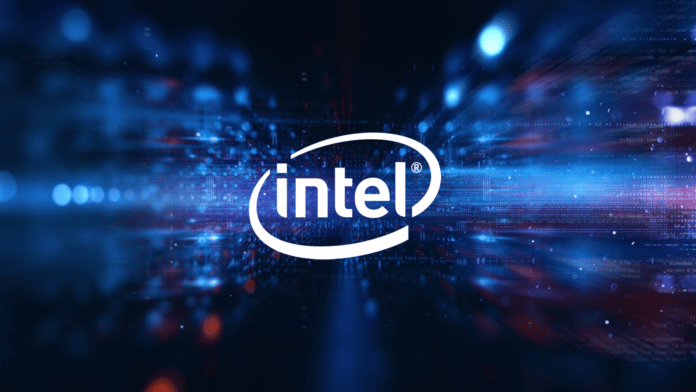Intel has released the first set of open source AI reference kits aimed at making AI more accessible to organisations operating in on-premises, cloud, and edge environments. The reference kits, which were first introduced at Intel Vision, include AI model code, end-to-end machine learning pipeline instructions, libraries, and Intel oneAPI components for cross-architecture performance. These kits teach data scientists and developers how to deploy AI more quickly and easily in healthcare, manufacturing, retail, and other industries, resulting in higher accuracy, better performance, and lower total cost of implementation.
Regarding AI Reference Kits: AI workloads continue to expand and diversify, with applications in vision, speech, recommender systems, and other areas. Intel’s AI reference kits, developed in collaboration with Accenture, are intended to speed up AI adoption across industries. They are open source, pre-built AI with meaningful enterprise contexts that can be used for both greenfield AI implementation and strategic changes to existing AI solutions.
Today, four kits are available for download:
- Utility asset health: As global energy consumption rises, power distribution assets in the field are expected to rise as well. This predictive analytics model was developed to assist utilities in providing more reliable service. It models the health of utility poles with 34 attributes and over 10 million data points using Intel-optimized XGBoost via the Intel® oneAPI Data Analytics Library. Asset age, mechanical properties, geospatial data, inspections, manufacturer, prior repair and maintenance history, and outage records are among the data. The predictive asset maintenance model continuously learns as new data is provided, such as a new pole manufacturer, outages, and other changes in condition.
- Visual quality control: In any manufacturing operation, quality control (QC) is critical. The difficulty with computer vision techniques is that they frequently necessitate large amounts of graphics compute power during training and frequent retraining as new products are introduced. The AI Visual QC model was trained using Intel® AI Analytics Toolkit, which includes Intel® Optimization for PyTorch and Intel® Distribution of OpenVINOTM toolkit, both powered by oneAPI to optimise training and inferencing to be 20% and 55% faster, respectively, compared to stock Accenture visual quality control kit implementation without Intel optimizations2 for computer vision workloads across CPU, GPU, and other accelerator-based architectures. The AI Visual QC model used computer vision and SqueezeNet classification, as well as hyperparameter tuning and optimization, to detect pharmaceutical pill defects with 95% accuracy.
- Customer chatbot: Conversational chatbots have emerged as a critical service to support enterprise initiatives. Massive and complex AI models support conversational chatbot interactions. Deep learning natural language processing models for intent classification and named-entity recognition using BERT and PyTorch are included in this reference kit. Intel® Extension for PyTorch and Intel Distribution of OpenVINO toolkit optimise the model for better performance across heterogeneous architectures – 45 percent faster inferencing compared to stock implementation of Accenture customer chatbot kit without Intel optimizations3 – and allow developers to reuse model development code with minimal code changes for training and inferencing.
- Intelligent document indexing: Every year, businesses process and analyse millions of documents, with many semi-structured and unstructured documents routed manually. AI can automate document processing and categorization for faster routing and lower manual labour costs. This kit was optimised with Intel® Distribution of Modin and Intel® Extension for Scikit-learn powered by oneAPI using a support vector classification (SVC) model. When compared to the stock implementation of Accenture Intelligent document indexing kit without Intel optimizations4, these tools improve data pre-processing, training, and inferencing times by 46 percent, 96 percent, and 60 percent, respectively, for reviewing and sorting documents at 65 percent accuracy. Download for free at Intel.com AI Reference Kits. The kits can also be found on Github.










































































